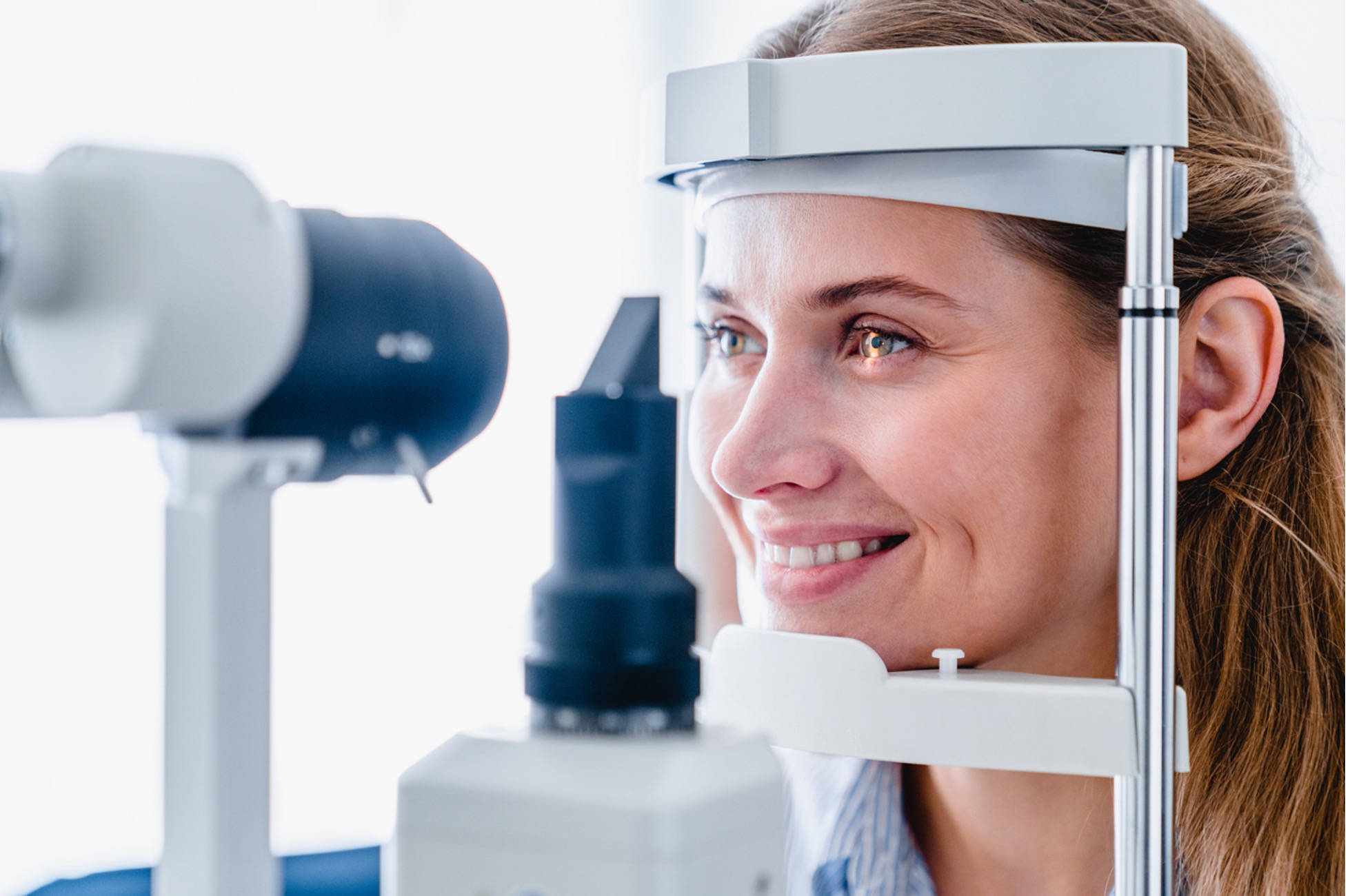High-Quality Retina Service Near Me: Leading Eye Treatment Providers
High-Quality Retina Service Near Me: Leading Eye Treatment Providers
Blog Article
Understanding the Numerous Eye Conditions Dealt With by Specialized Eye Treatment Professionals
In the realm of eye treatment, specialized specialists play a vital function in diagnosing and dealing with a large selection of eye conditions. As we get started on this exploration of the various eye conditions attended to by specialized eye treatment experts, it comes to be obvious that the elaborate web of eye health and wellness holds a myriad of remarkable understandings waiting to be uncovered.
Typical Refractive Mistakes
Refractive errors are usual aesthetic problems created by an imperfection in the eye's capability to properly concentrate light, resulting in obscured vision. Astigmatism is characterized by an irregularly shaped cornea, resulting in altered or obscured vision at all ranges. Presbyopia is an age-related condition where the lens loses its flexibility, making it difficult to focus on close things.
These refractive errors can be corrected through numerous approaches, including eyeglasses, get in touch with lenses, or refractive surgical procedure. Eye care professionals play a crucial role in identifying and managing refractive mistakes to assist individuals achieve more clear vision and enhance their lifestyle.
Age-Related Eye Conditions
One of the most common age-related eye problems is age-related macular deterioration (AMD), a condition that causes main vision loss and can make tasks like analysis and driving challenging. Cataracts, one more common problem among older people, cause clouding of the eye's all-natural lens, leading to blurred vision. Regular eye tests with specialized eye care specialists are crucial for early detection and administration of these age-related eye problems to maintain vision and maintain eye health as individuals grow older.
Vision-Threatening Conditions
Vision-threatening conditions encompass a variety of severe eye problems that have the potential to considerably affect a person's sight and overall visual feature. These conditions pose a threat of long-term vision loss otherwise without delay identified and dealt with by specialized eye care experts. Some common vision-threatening diseases include glaucoma, diabetic retinopathy, age-related macular deterioration (AMD), and retinal detachment.
Glaucoma is a team of eye problems that harm the optic nerve, often due to high intraocular stress, causing field of vision loss and prospective loss of sight if left untreated. Diabetic retinopathy is a difficulty of diabetes mellitus that affects blood vessels in the retina, triggering vision problems or blindness. AMD is a modern condition affecting the macula, resulting in main vision loss. Retinal detachment occurs when the retina divides from its underlying tissue, causing abrupt vision loss that needs prompt clinical attention (refractive surgeries in al).
Early discovery, routine eye exams, and prompt intervention are critical in taking care of vision-threatening illness to maintain vision and maintain lifestyle. Specialized eye care experts play an important duty in helpful site diagnosing, dealing with, and managing these problems to avoid permanent vision loss.

Corneal Problems
Corneal conditions include a range of conditions that influence the transparent front component of the eye, referred to as the cornea. These problems can lead to discomfort, visual disruptions, and in severe cases, vision loss. One usual corneal disorder is keratoconus, where the cornea thins and bulges external into a cone form, creating astigmatism and blurred vision. Corneal dystrophies, such as Fuchs' dystrophy, cause progressive vision loss because of irregular deposits in the cornea. Corneal abrasions, typically triggered by injury or international objects, can cause discomfort, soreness, and sensitivity to light. Furthermore, infections like keratitis can irritate the cornea, possibly leading to scarring and vision problems if not immediately dealt with. Therapy for corneal disorders varies relying on the certain condition however might consist of medicines, call lenses, or in extreme cases, corneal transplants. Normal eye tests are essential for early detection and monitoring of corneal problems to maintain vision and eye wellness.
Neurological Eye Problems
Neurological eye conditions include conditions that impact the link in between the eyes and the brain, influencing aesthetic processing and total eye feature. These problems can materialize in different ways, influencing vision, eye activities, and also the coordination in between the eyes. One typical neurological eye condition is optic neuritis, defined by inflammation of the optic top article nerve causing vision loss, shade desaturation, and pain with eye activity.
One more considerable problem is nystagmus, where the eyes make repetitive, unchecked activities, impacting visual skill and depth perception. Furthermore, problems like amblyopia, commonly referred to as "lazy eye," result from unusual aesthetic advancement in very early childhood, causing minimized vision in one eye.
Neurological eye problems need specific care from specialists like neuro-ophthalmologists that have competence in both neurology and ophthalmology. Diagnosis frequently entails an extensive eye assessment, imaging studies, and partnership with specialists to deal with the underlying neurological problems affecting the visual system. Treatment techniques can include medicine, vision treatment, or in serious more information cases, surgical treatments to manage these complex conditions properly.

Verdict
Finally, specialized eye treatment specialists treat a large range of eye problems, consisting of usual refractive errors, age-related eye conditions, vision-threatening illness, corneal problems, and neurological eye conditions - refractive surgeries in al. By recognizing these various conditions and seeking proper treatment from eye treatment experts, individuals can preserve optimal eye health and vision. It is vital to focus on regular eye exams and adhere to suggested therapy plans to protect and protect one's vision for the future
Report this page